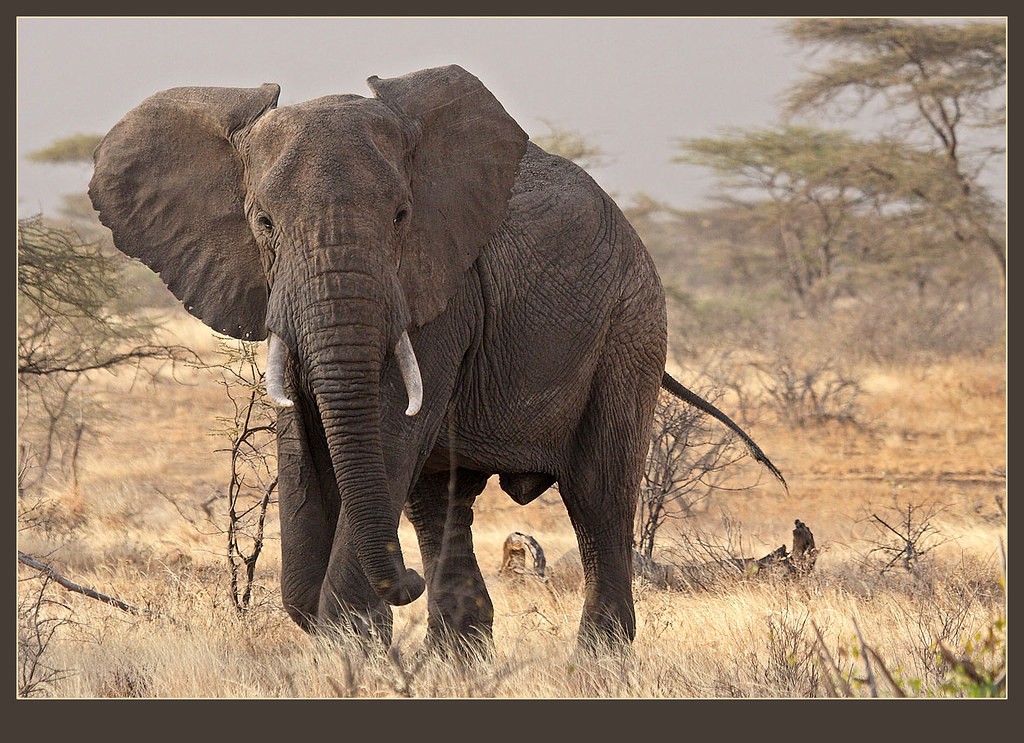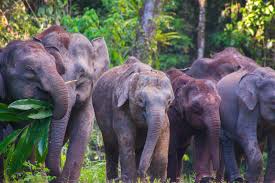Bonobos and Chimpanzees are thought to be our closest relatives, and when you watch this young bonobo play with water. Knowing this, it is perhaps not strange that researchers are finding that bonobos combine words in ways that sound very human. They are able to combine several sounds, to create a phrase, with more meaning than its individual parts.
This is something that was considered unique to human language. A simple example of this ability would be something like “brunette painter” is something that many animals can do – it is a person which is both brunette and a painter – however bonobos can combine them is such a way like a “good painter”, good is not another description, but instead changes the meaning of painter- the two words give more meaning together.
I have tried to write on Bonobos, relatively regularly on this website. This is for a variety of reasons. Being the last species of unique great ape to be found (species like the Tapanuli Orangutan have been discovered since, but the bonobo is far more distinct. Bonobos are female dominated society, and it is a far more peaceful society than with chimpanzee. Violence is rare, with bonobos using sex to deal with tension and conflict instead.
They did a great deal of analysis, recording hundreds of vocalisations. They identified 7 different calls, used in 19 different combinations and found that of these 4 followed the rules of human sentences (the other 15 have not been properly analysed as yet.
One example, was where Yelps are thought to mean “lets do that” while grunts are thought to mean “look at what I am doing” but when combined into a yelp-grunt it appeared to mean lets do what I am doing – and was often used to encourage other members of the group to build their night nests.
Bonobo are still loosing territory in the wild, and with their whole range restricted to just the Democratic republic of Congo, their population is far more fragile than many other great apes.
Visiting the Bonobos will give the country more reason to preserve them.














